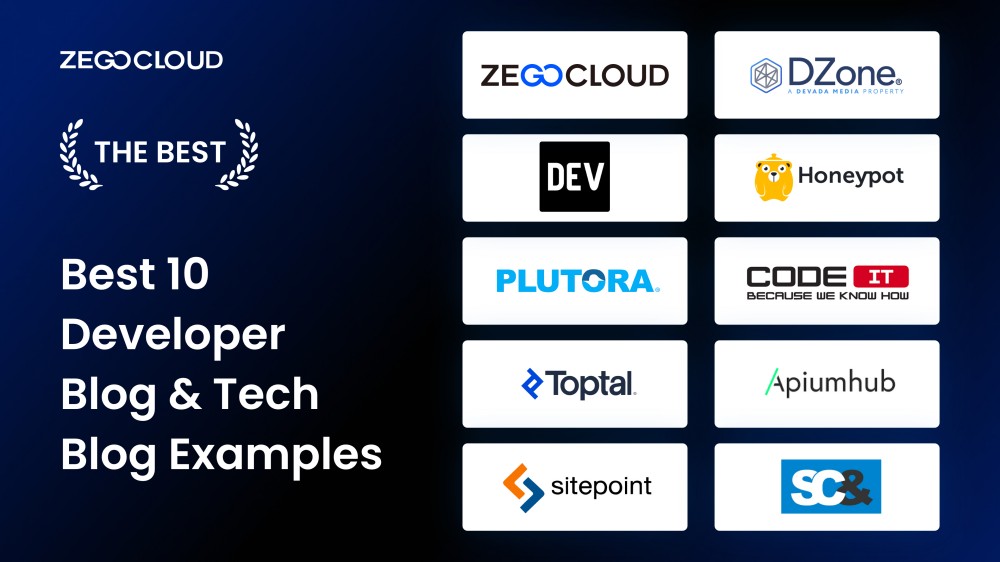Discover the Best tech blog for the most recent Trends and Technologies in Modern technology
Discover the Best tech blog for the most recent Trends and Technologies in Modern technology
Blog Article
Exactly How Blockchain Technology Is Revolutionizing Data Safety And Security
Blockchain technology is fundamentally modifying the landscape of information security by presenting a decentralized structure that assures improved transparency and resilience. Unlike standard systems, which depend on central information databases, blockchain distributes data throughout a network, decreasing susceptabilities and single points of failure. Making use of advanced cryptographic methods makes certain that information stays tamper-proof, cultivating trust among stakeholders and individuals. As markets swiftly adapt to this innovation, concerns emerge concerning its broader effect and possible difficulties. What ramifications does this shift hold for future data protection techniques and regulatory frameworks? The solutions may shock you (Best tech blog).
The Essentials of Blockchain
Blockchain modern technology, an innovative concept in electronic data management, basically changes how info is kept and protected. At its core, a blockchain is a dispersed ledger that tapes purchases throughout a network of computer systems, guaranteeing transparency and immutability.
Key to recognizing blockchain is the hashing process, which secures transaction information into a distinct alphanumeric code. This cryptographic feature guarantees that any change in the purchase data leads to an entirely different hash, thus safeguarding versus tampering. The consensus system, another critical element, verifies and confirms brand-new purchases through a network of nodes, thus removing the demand for a central authority.
Additionally, blockchain's append-only structure ensures that information, when included, can not be erased or altered. This particular assurances a verifiable and long-term document of transactions, promoting count on among individuals. As an outcome, blockchain supplies a robust framework for information stability, supplying sectors a trustworthy approach for monitoring and managing electronic info in a protected, clear fashion.
Decentralization and Security
Decentralization, a core concept of blockchain technology, dramatically boosts data protection by distributing control throughout a network rather than depending on a singular, centralized entity. By distributing data throughout many nodes, blockchain makes sure that even if one node is endangered, the whole network stays secure.

Furthermore, decentralization encourages individuals with better control over their information. Each individual in the network has access to the whole blockchain, enabling them to confirm and examine deals independently. This openness promotes depend on amongst individuals, as they do not need to count on a main authority to make certain data honesty. In general, decentralization contributes in enhancing information safety and security in blockchain networks.

Cryptographic Methods
At the heart of blockchain modern technology, cryptographic techniques play a critical duty in protecting data, making sure both confidentiality and integrity. Cryptography in blockchain utilizes a mix of asymmetric and symmetric formulas to encrypt data, making it easily accessible only to licensed celebrations.
Hash features are one more essential component, changing input data into a fixed-size string of characters, efficiently creating an one-of-a-kind electronic finger print for each block. This makes certain that any kind of effort to modify the information will result in a completely various hash, hence maintaining the immutability of the blockchain. Electronic signatures verify the authenticity and stability of deals, supplying a layer of non-repudiation.
The decentralized nature of blockchain, integrated with robust cryptographic strategies, removes the demand for middlemans, decreasing potential vulnerabilities. As blockchain technology develops, developments in cryptography such as zero-knowledge proofs and homomorphic file encryption continue to improve safety actions, even more strengthening information security in this revolutionary digital journal system.
Usage Cases Across Industries

In the health care industry, blockchain makes certain the safe and secure storage space and sharing of patient records, promoting interoperability while protecting view sensitive data from unauthorized gain access to. This technology empowers patients with control over their case history and promotes seamless control amongst medical care suppliers.
Supply chain administration benefits dramatically from blockchain's immutable journal, which ensures traceability and credibility of products from origin to customer. By enhancing transparency, blockchain aids minimize issues such as counterfeiting and underhanded sourcing.
In addition, blockchain's decentralized nature is reshaping the power industry by enabling peer-to-peer power trading, where customers can deal excess renewable energy directly. This cultivates a much more efficient and sustainable power ecosystem.
In the world of copyright, blockchain supplies a tamper-proof system for developers to sign up and safeguard their works, guaranteeing rightful acknowledgment and reasonable settlement. These diverse usage instances underline blockchain's duty as a critical pressure in redefining data safety and security throughout industries.
Future of Data Security
As we look to the future of information defense, blockchain technology is positioned to play a crucial duty in safeguarding digital information. With its decentralized and unalterable characteristics, blockchain offers a durable framework for protecting sensitive information versus unapproved gain access to and cyber dangers. This innovation ensures that once information is taped, it is nearly impossible to alter without discovery, hence providing a significant benefit over typical data storage space approaches.
The integration of blockchain with various other innovative innovations, such as expert system and the Web of Things (IoT), is expected to improve data defense methods further. By leveraging wise contracts, companies can implement and automate security methods, minimizing human error and raising efficiency. Additionally, blockchain's capacity to provide transparent and deducible deals will reinforce see this site depend on and liability in data management techniques.
As governing landscapes progress, blockchain's compliance-friendly nature will come to be significantly relevant. It can help companies meet strict data defense regulations, such as the General Data Protection Regulation (GDPR) and the California Customer Privacy Act (CCPA), by giving proven records of data handling activities. Eventually, blockchain's distinct qualities placement it as a transformative tool in the continuous pursuit to secure the digital globe versus ever-evolving cyber hazards.
Conclusion
Blockchain modern technology represents a standard shift in data protection by leveraging decentralization and cryptographic techniques to boost openness, trust fund, and information integrity. As cyber risks progress, blockchain arises as a vital device for robust data security across different sectors.
Blockchain modern technology is essentially modifying the landscape of information protection by introducing a decentralized structure that assures enhanced openness and durability. Unlike traditional systems, which rely on centralized data repositories, blockchain disperses data throughout a network, lessening susceptabilities and solitary points of failing.Decentralization, a core principle of blockchain innovation, substantially enhances data security by distributing control throughout a network rather than depending on a single, centralized entity.At the heart of blockchain innovation, cryptographic techniques play an essential role in securing data, ensuring both discretion and honesty.Blockchain technology represents a standard change in information security by leveraging decentralization and cryptographic strategies to boost openness, trust, and data integrity.
Report this page